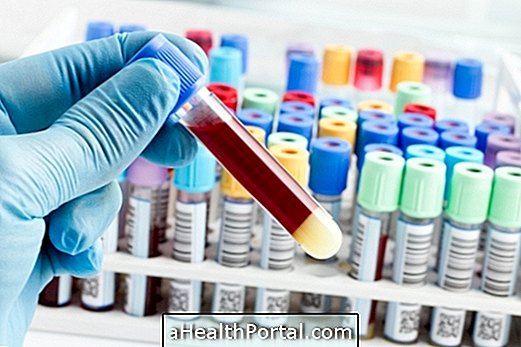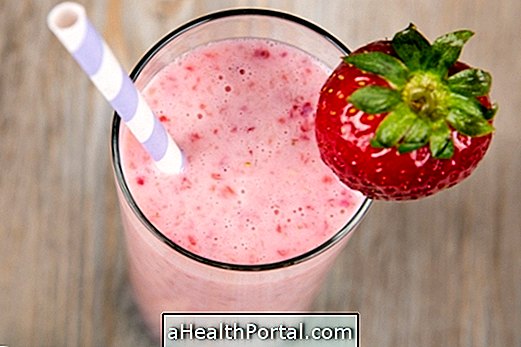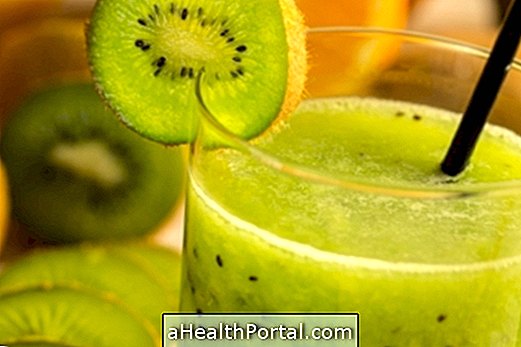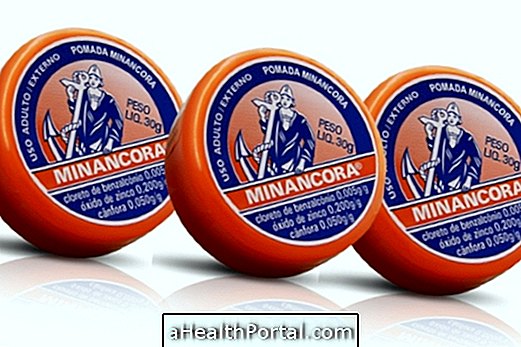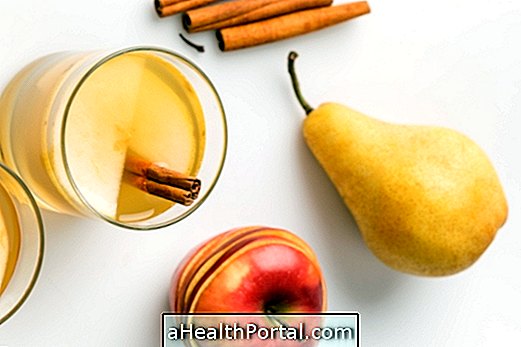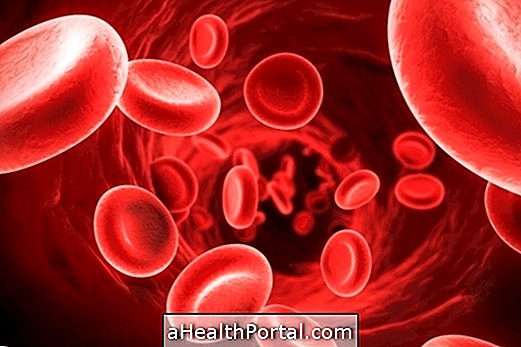Magnesium is an important nutrient in pregnancy because it helps fight tiredness and heartburn that are common during gestation, as well as help prevent premature uterine contractions.
Magnesium can be found naturally in foods such as chestnut and flaxseed, or in the form of supplements such as magnesium sulfate, which should only be taken according to the orientation of the obstetrician.
Benefits of Magnesium in Pregnancy
The main benefits of magnesium in pregnancy are:
- Control of muscular cramps;
- Prevention of uterine contractions and premature birth;
- Prevention of pre-eclampsia;
- Favor the growth and development of the fetus;
- Protection of the fetal nervous system;
- Fight fatigue;
- Fight heartburn.
Magnesium is especially important for pregnant women with pre-eclampsia or the risk of preterm birth and should be taken as a supplement in accordance with medical advice.
Magnesium Supplements
The most commonly used magnesium supplement during pregnancy is magnesium sulfate, which is indicated primarily for women between 20 and 32 weeks of gestation at risk of preterm birth.
Sometimes the doctor can indicate its use up to 35 weeks, but it is important to stop taking before 36 weeks of gestation so that the uterus has time to retract effectively, facilitating normal delivery or reducing the risk of bleeding during the cesária.
Other commonly used supplements are Magnesium Biscuit tablets or Magnesium Milk which is also called Magnesium Hydroxide as they are mainly important for the treatment of heartburn in pregnancy.


However, these supplements should only be taken according to medical advice, because too much magnesium can impair uterine contractions at the time of delivery.
Foods rich in magnesium
In addition to using the supplements indicated by the doctor the pregnant woman can also eat food with magnesium. The main sources of magnesium in the diet are:
- Oil seeds: nuts, peanuts, almonds, hazelnuts;
- Seeds: sunflower, pumpkin, linseed;
- Fruits: banana, avocado, plum;
- Cereals: brown rice, oats, wheat germ;
- Legumes: beans, peas, soybeans;
- Other: artichoke, spinach, chard, salmon, bitter chocolate.
A varied and balanced diet offers the adequate amount of magnesium in pregnancy, which is 350-360 mg per day.

Learn to identify uterine contractions to know when the birth is starting.




